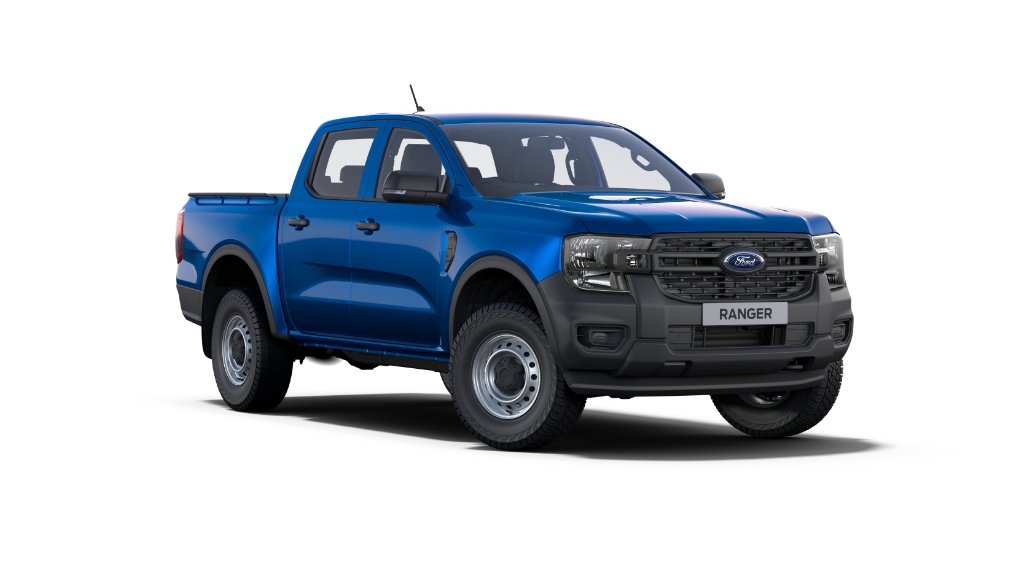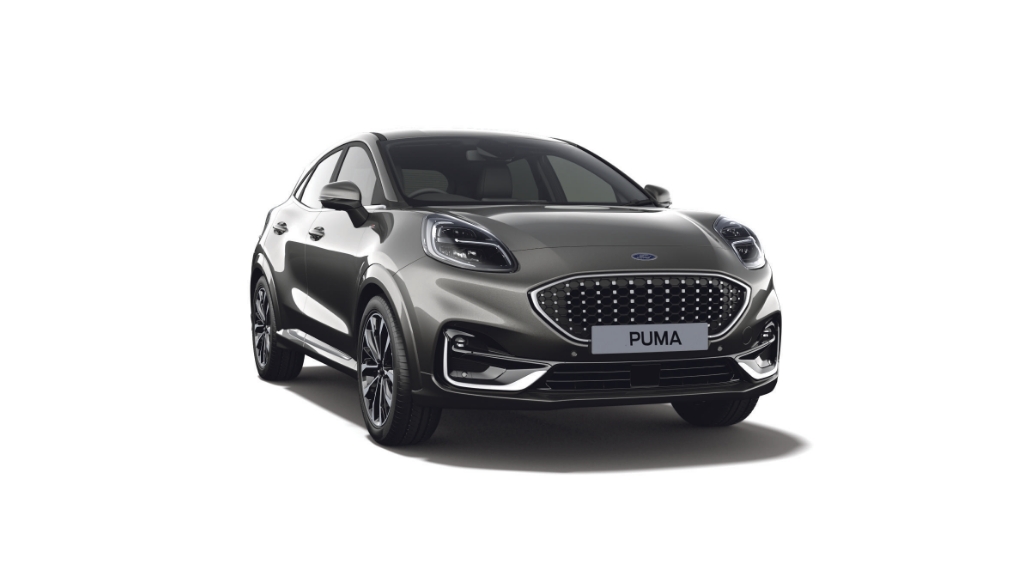Ford news
A Less Distracted And Better Informed Youth with Ford’s Driving Skills For Life

A Less Distracted And Better Informed Youth with Ford’s Driving Skills For Life
- DSFL highlights the dangers of drinking and driving over the recent Youth month
- Drivers are significantly more likely to be involved in a collision while using a smartphone
- Safe driving can liberate hospital resources, allowing for greater focus on COVID-19
PRETORIA, South Africa, 01 July – Although not a particularly active part of the year for young South African drivers, due to government’s firm Covid-19 restrictions regarding road-travel, Ford’s Driving Skills For Life (DSFL) programme refuses to stop reminding the youth of the importance of driver safety.
Flanked by new products like the Figo Freestyle and EcoSport Ambiente Auto, DSFL is able to communicate correct practices for technology and safety at the wheel, using Ford’s modern features to illuminate new topics for road safety.
Capping off Youth month, DSFL offers advice for the thousands of recently-licensed drivers, who will understandably be a little rough around the edges when roads slowly resume their flow. Safe driving skills need to be reinforced at a time when the country clambers to reserve hospital beds and medical staff for COVID-19 patients, rather than for those involved in unnecessary and avoidable car accidents.
Launched in South Africa in 2010, DSFL is Ford’s award-winning and free driver training programme, intently developed to raise the standard of safety among South African drivers while rewarding them with skills that the standard driving test does not take into consideration.
Previous industry campaigns around car seat safety, passenger safety and Euro NCAP performance are still shining examples of driving skills and road safety, but the age of smartphones and the desire to be constantly connected with the outside world weighs heavily on the closing of Youth month.
According to a report conducted by the AA in the UK, one is twice more likely to be involved in a collision when using a smartphone – while young drivers in particular are especially vulnerable as a result of these digital distractions.
The danger, according to Ford’s DSFL training director Derek Kirkby, is not holding the cell phone but more about concentration. “Even when you are speaking to someone through the vehicle Bluetooth kit your concentration is taken away. Many a time, drivers have been on the phone and can’t recall their last few kilometres of the trip.” A recent Virginia Tech Transportation Institute study also found that manual text messaging elevated the risk of a crash or near crash to more than 23 times higher than “non-distracted” driving.
Connectivity systems like Ford’s intelligent SYNC 3 system mitigate a lot of distractions thanks to hands-free speech-recognition as well as steering-mounted controls for handling calls – but knowing how and when to use them is part of DSFL’s objective. Kirkby continues, “If you do use a smartphone as a GPS, get used to listening to the voice prompt and not looking at the phone’s screen as this becomes a distraction. If you receive a call via the vehicle’s Bluetooth feature, answer the call using the steering wheel controls.”
“While being distracted by technology is one thing, younger drivers are also often distracted by passengers, particularly if those passengers are their friends. Young drivers should be taught to focus on the road at all times and to pay attention to other road users. Unfortunately, distracted driving at any age can lead to severe consequences which cannot be reversed,” says Layton Beard from the Automobile Association of South Africa.
DSFL also emphasises the dangers of drinking and driving to the youth. Drunk driving is one of the biggest threats to road safety in South Africa. According the Arrive Alive, SA, research indicates that 50% of people who die on the roads have a blood alcohol concentration level above 0.05 gram per 100 millilitres. Using DSFL’s ‘Drunk Goggles’, the youth are able to experience the alarming effects of impaired vision and judgement in a safe setting. Practical experience like this is vital in spreading the word among the youth.
“To exasperate issues, young drivers tend to buy a car and spend a lot of money on sound systems and alloy wheels”, says Kirkby, “but that money should rather be spent on safety features at the outset”. Standard safety equipment on all new Fords includes an advanced ABS system with surefooted stability enabled by Electronic Brake Distribution as well as driver airbags. Other models within the Ford range increase the level of safety. To name but a few, this includes active cruise control, blind spot monitoring, brake assist and lane departure warning.
Ford DSFL has trained more than one million drivers in 40 countries to date, which equates to an investment of more than $50 million (over R720-million). In the Africa region alone, approximately 8 000 motorists benefitted from the training that focuses on the four primary driving skills: hazard recognition, vehicle handling, speed management and space management.
To find out more about DSFL visit https://www.ford.co.za/about-ford/driving-skills/
Read the latest news from Ford South Africa by visiting the Newsroom:
https://www.ford.co.za/about-ford/newsroom/
Original article and image as supplied by QuickPic











